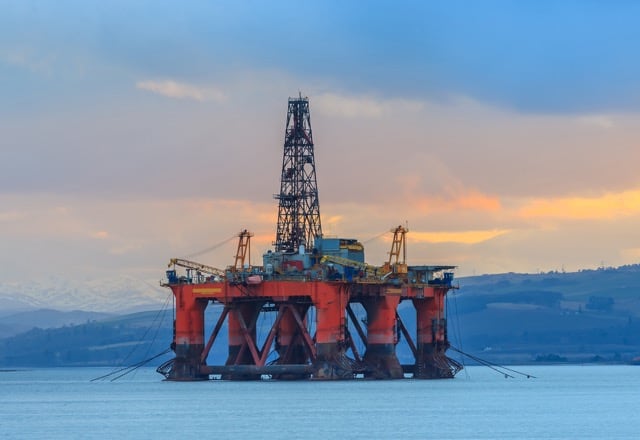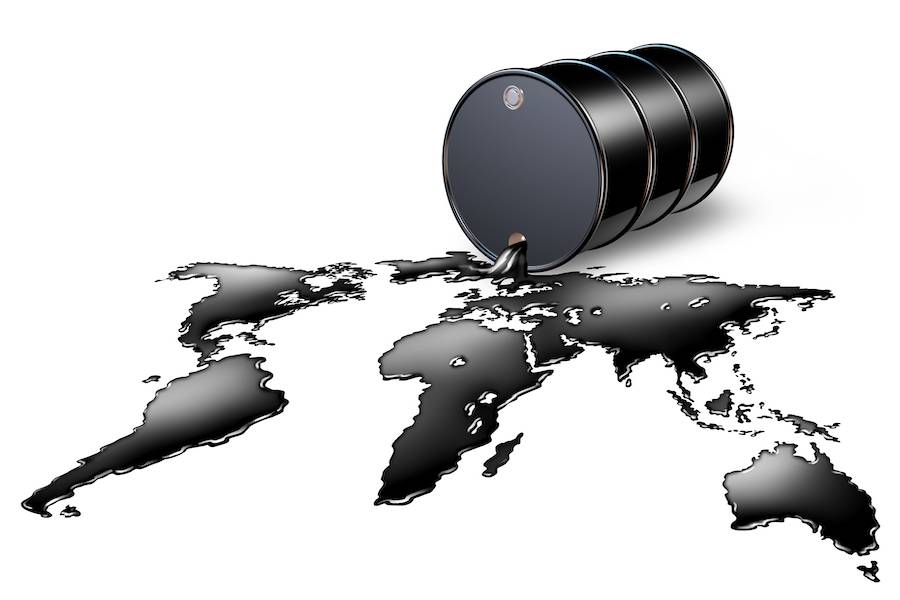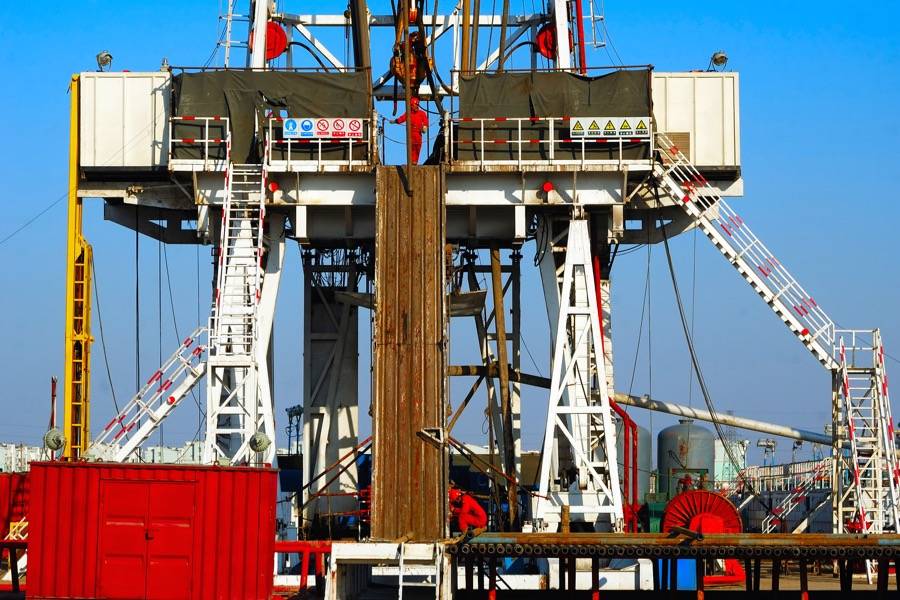The state of North Sea Oil & Gas (O&G) in 2017
The low oil price environment is making many companies reassess the true cost of their UK operations, as they try to decide when and how assets should be retired. Many North Sea O&G fields were first tapped in the 1960s, and are now nearing the end of their working lives.
According to the industry lobby group Oil & Gas UK, it is estimated that around £17.6bn ($22bn) will be spent on decommissioning infrastructure offshore up to 2025. This cost includes the removal of ageing platforms, dismantling pipelines, plugging wells and pollution clean-up.
However, even though many assets have seen production rates decline, they still offer potentially attractive returns. PE-backed Chrysaor, has said it expects some fields to still be productive 20 years in the future. There are still between 10 and 20 billion barrels of oil equivalent (BOE) remaining, according to Oil & Gas UK. However, future revenues will depend on further investment in exploration, and ultimately the oil price.
Who Is Responsible For Decommissioning?
According to Wood Mackenzie, only a few large-scale decommissioning projects have been completed in the UK, with just over £6bn spent so far of a forecast total of £53bn (from 2017) winding down North Sea operations. The UK government will cover c45% of this total through corporate tax relief.
The remainder will be covered by the corporates. As expected, the ultimate responsibility for decommissioning has become a key negotiating point in asset sales. Smaller buyers are incentivised to leave liabilities with the seller, who may face stakeholder pressure to exit under performing assets. Supermajors now have to be flexible in taking on some of the liabilities, as shown in Shell’s $3.8bn sale of its North Sea assets to Chrysaor, and BP’s sale of 25% stake in the Magnus field to EnQuest Plc. In both cases, the seller retained a significant liability.
Another trend is innovation in deal structures, with companies calling on the government to help maximise economic oil recovery from North Sea fields, and so save O&G jobs. The recently set-up Decommissioning Challenge Fund (DCF), will give the government flexibility to provide financial support for decommissioning activities.
Scottish Politics After The First Referendum
Nicola Sturgeon, Scotland’s First Minister, promised a second oil boom for the country if it gained independence in the 2014 referendum. The oil price subsequently collapsed, leading to revenues of only £60m for Scotland in 2016. This compares to Scotland’s c£9.6bn geographic share in 2011-2012.
It also left a public spending deficit of £15bn for Scotland, which is over twice that of the UK and higher than Greece. The deficit is due to grow to £500 million this year, before returning to a modest surplus – due to a slight oil price recovery and production increases. This came as a serious blow to the economic case for Scottish independence.
Wood Mackenzie’s analysis of the price slump has revealed that the expected future net income from North Sea taxes (to the UK) has now been wiped out. In other words, the North Sea will turn into a net drain on the public purse over the long term. Taxpayers are now facing a £24bn decommissioning bill for the oil and gas fields, 50% above the official Treasury estimate (£16bn). One report Analyst, Fiona Legate, is quoted as saying the North Sea is set to become “a significant annual expenditure for the government, rather than a provider of income” over the next few decades.
A growth commission was appointed in 2016 to examine whether the gap could be closed if Scotland left the UK, but its interim report has not been published (despite being submitted before Christmas). The Scottish Tories’ energy spokesman, Alexander Burnett, has said that “this is a significant bill for the UK to manage, but it will do so. Had a separate Scotland had to find £24bn, it would be a different story altogether”.
A Decommissioning Boom
On the other hand, as fields approach the end of their economic lives, the decommissioning projects present an economic opportunity for Scotland. The £53bn forecast to be spent by oil companies, to wind-down their North Sea operations, will reach local companies and impact the wider economy. Companies should recoup around half of this total spend from the Treasury through corporate tax relief. The law includes an effective decommissioning subsidy, which allows companies to reclaim part of the c£330bn in taxes paid out since production began in the North Sea. It was originally designed so these large clean-up liabilities would not deter corporate investment.
Nevertheless, companies will try to delay spending decommissioning funds for as long as possible, even at the risk of sustaining short-term losses. Once begun, the outflow of cash is difficult to stem, with typical costs modeled over a 20-40 year period. As Wood Mackenzie put it, “the maturity of the basin is working against them”.
There is also significant risk of a type of “domino-effect” as the first fields begin to shut, driving further asset sales and depressing the prices that companies can expect on future divestitures.
The First Steps
The main technical challenge is in removing the larger fixed North Sea platforms, in the northern and central areas. Royal Dutch Shell has plans to launch a consultation on plans to decommission the Brent field, which helped to launch the North Sea O&G industry in the 1970s. It is also the root of the name for the international crude oil benchmark. The three platform Ninian field weighs c706,000 tonnes. It is estimated to cost £3.5bn to decommission over 20 years. The decommissioning storm has only just begun.








